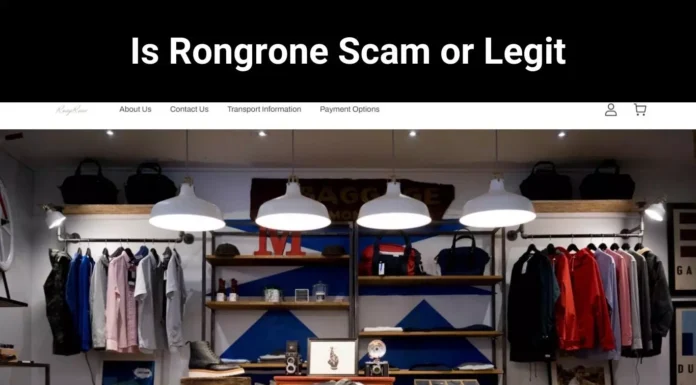Many sectors of the UK economy, voluntary and educational sectors now require a criminal record check before allowing an applicant to take up an advertised post. The procedure for doing this is carried out by the UK Home Office’s Disclosure and Barring Service (DBS). However, what type of DBS UK check you need will differ according to where in the UK you live and what type of position you’re applying for. Although the Home Office covers the entire United Kingdom, actually accessing your criminal record needs to be done via the right channels; this can be confusing, especially for those who have never needed a DBS check before.
UK Nations
DBS checks can only be carried out on those over 16 years of age; this rule applies throughout the UK. This applied whether the applicant is asking for themselves, or an employer is requesting the check for them. There is a sliding scale of costs, with the lowest being £23-25 for a basic check. Basic checks are requested by individuals, often because their potential employer has asked for one. The need for this check will be made clear as part of the advertisement for the position, even if it is a voluntary post. Higher educational establishments are also obliged to follow these strict rules regarding DBS checks.
Requesting a basic DBS check can be done online, or with a printed application form which has to be requested over the phone. This is where the process divides somewhat across the UK’s home nations. Specifically, if an advertised post is located in England or Wales, this is carried out via the gov.uk website. This applies whether the applicant is actually resident in Scotland or Northern Ireland; it is the location of the job or other role which is important. Applications for posts in Scotland have to go through mygov.scot, and those for Northern Ireland via nidrect.gov.uk.
Basic level DBS checks reveal any unspent convictions on a person’s criminal record. These checks are requested for positions where vulnerable members of society are not likely to be contacted as a matter of course. There is no stipulation in law as to why an employer might ask an applicant for a basic DBS check, as by definition any advertised post will not qualify as a regulated activity.
Requests by Employers
The basic DBS check is the only type available to the individual job applicant. Higher level checks fall into the standard and enhanced category; these have to be requested by the potential employer or other relevant institution. These cost between £26 and £45, as they require more time and resources to carry out. In the case of the highest level enhanced searches, these can also be acquired within 48 hours if necessary. Unlike basic checks, these higher level enquiries reveal all past convictions, whether spent or not. They also disclose cautions, reprimands and final warnings.
Understandably, this level of disclosure can only be legitimately carried out for positions in certain fields or working environments. Indeed, if an employer is found to have requested a standard or enhanced DBS check without good reason, they can be prosecuted. Criminal records are held on the Police National Computer; however, Scotland has its own legal system, which means that some convictions given by Scottish courts do not have equivalents in the rest of the UK. Northern Ireland, meanwhile, inherited the Irish common law system in 1921, and now has its own legal jurisdiction, albeit within the UK.
Broadly speaking, however, anyone applying for a job which could pose a danger to the public will need to have an enhanced DBS check. This shows everything in the standard check, plus any additional information a relevant police service may have on the individual or offence/s listed as part of the disclosure.
Barred Lists
The most stringent type of enhanced DBS check allows employers to access the children’s and adult’s barred lists. These are registers of certain types of offender, who will be permanently barred from taking up certain positions for their lifetime. Northern Ireland uses the same barred lists as England and Wales; Scotland, again, has its own version. This is why the DBS checking system refers to the home country in which any position is to be held. Any offences against children or other protected groups will be “listed” by any of the four home countries’ legal system, so a DBS UK check will be relevant regardless of where in the country an applicant wishes to work.

















